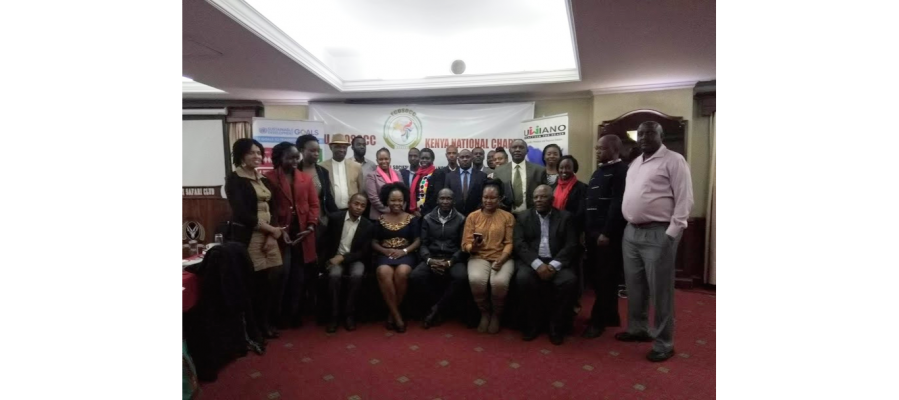All Roads Are Leading To TICAD 7!
The Tokyo International Conference on African Development (TICAD) is an initiative by the Japan government to regenerate donor interest in African countries. Its objectives are to transform the economy through trade and investment, to realize sustainable development by ensuring human security and finally to achieve peace and sustainability. There have been 6 TICAD meetings since 1993 but the most pivotal meeting was the one held in Nairobi, Kenya, recognizing Africa as a partner in the whole process.
This year’s Non-State Actors (NSAs) round-table meeting leading to TICAD 7 brought together an impressive 25 participants from different Kenyan Civil Society Organisations. It aimed to mobilize and generate citizen voices from Kenya to influence the outcome at the official TICAD 7.
Discussions from the floor shone light onto the opportunities that Kenyan Civil Society Organisations could use to leverage to ensure that TICAD 7 not only focused on the predominant business agenda but also the social issues that both Kenya and Africa face. This is because, economic transformation is impossible when social aspects are ignored.
It was a point of concern for all participants to realize that TICAD is generally considered a platform and not an organization whose outcomes are subject to accountability. Therefore, all the policies drafted to be included in the outcomes document are necessarily not subject to implementation. Further, most financial commitments are implemented by Japan’s own companies whose control over the whole process is quite alarming. This therefore limits cooperation between Africa and Japan. In turn, one questions the need for the meeting.
However, it is not all gloom and doom as Kenyan Non-State Actors prepare to attend the 7th TICAD in Yokohama, Japan. If anything, this meeting served to devise ways in which Kenyan and African Civil Society Organisations (CSOs) can negotiate for sustainable space during the conference. Participants saw the need to act as a collective voice because of the strength in numbers. This way, it would be easier to catch and retain the attention of the attending world leaders to the issues that CSOs advocate for.
It was also important to map out influential personalities during the TICAD process to help the participants in approaching and pushing for the agendas that Kenya and the African continent are advocate for. These persons would then pick up various challenges that Africa and Kenya face. These issues include epidemics such as HIV/AIDS, water and sanitation, nutrition, reproductive health, peace and security, corruption among others. The language used during TICAD 7 was advised to be framed in a way that would show urgency to change the status quo and include these transformations in the outcome document. The outcome document had to also address issues of inclusion particularly of youth, women and girls and the elderly.
Finally, we would like to wish all the participants travelling to Yokohama, Japan including our very own National Country Director: Florence Syevuo, all the very best!

